When it comes to technology, there are no bigger names than Google and Apple. They're the two most valuable companies in the world, and they've swapped places a few times over the last year, so they're truly neck-and-neck. But let's put business aside for a moment — which of these companies makes the better flagship phone?
Apple unveiled its new iPhone X on Sept. 12, then Google followed up by debuting it's new Pixel 2 XL on Oct. 4. In a classic case of one-upmanship, Apple was first to create buzz, but Google was the first to the market — the Pixel 2 hit shelves October 19, while the iPhone X won't be available until November 3 (though preorders already began).
The two models are extremely close, at least on paper. We're only talking true flagships here, so the iPhone 8 and 8 Plus, as well as the smaller Pixel 2, will have to take a back seat to the X and XL. This is a battle of the juggernauts.
The Specs
We know Apple and Google are both great at optimizing software to fit their hardware, so the numbers below should give us a decent indication of which model is better, if any. These are based of the specs provided by Apple and Google.
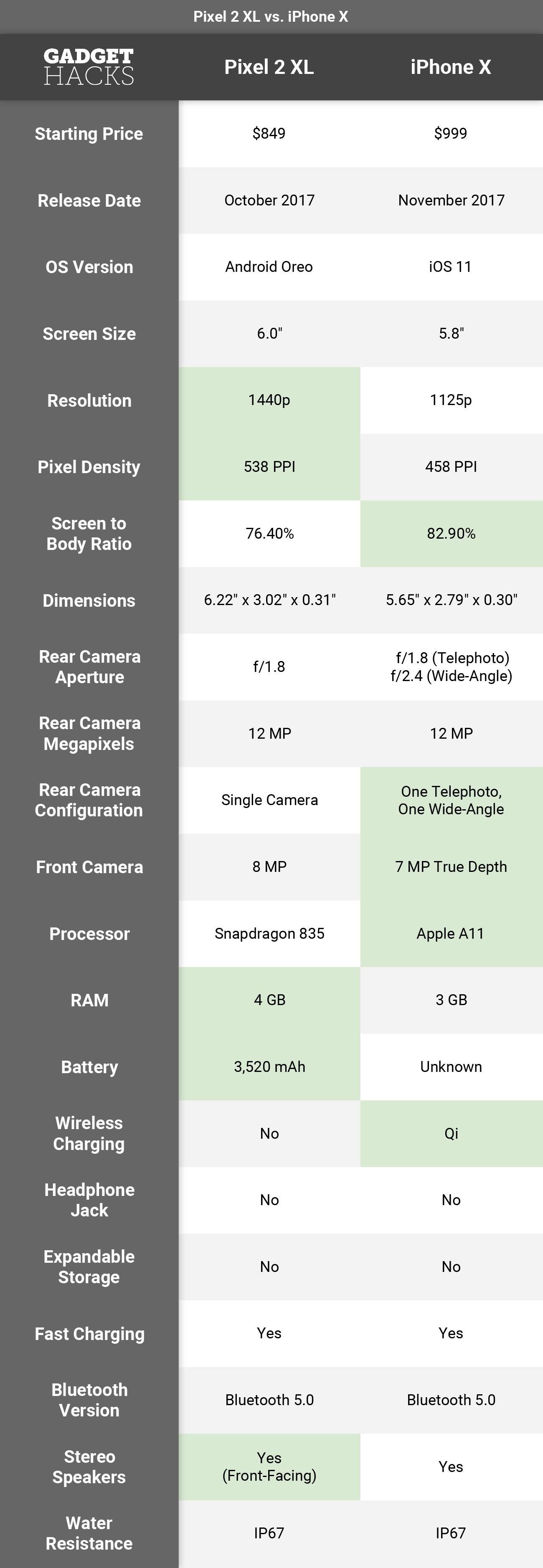
What the Pixel Does Well
Obviously, the price is one of the Pixel 2 XL's biggest strengths when compared to the iPhone X. Apple's true flagship will run you a cool thousand dollars (at least), while Google's costs 15% less to start. Both devices have OLED screens, and they both have roughly 2:1 aspect ratios — but the one in the Pixel 2 XL has a higher resolution, so that's another win for Google. It's worth noting, though, that the Pixel's LG-made POLED screen has a few issues that the iPhone's Samsung-made AMOLED shouldn't have.
RAM is higher on the Pixel 2 XL, though we've yet to see how that will impact real-world performance, so it's only a tentative win. But perhaps the biggest difference between these phones is the battery — the Pixel 2 XL has a power cell that's roughly 30% larger than the iPhone X, and with Android and iOS on nearly equal ground when it comes to battery performance these days, that's a big win for Google. In fact, it's the largest battery put into any mainstream flagship in 2017.
What the iPhone Does Well
The front-facing camera on the iPhone X doesn't pack quite as many megapixels as its Google counterpart, but as we all know, megapixels don't matter anymore. Resolution is more than ample on both devices, so when you factor in the iPhone X's True Depth 3D-mapping sensors, it likely has the better selfie camera.
Apple's dual rear camera configuration should allow the iPhone X to be more flexible in certain situations, particularly with optical zoom. The iPhone X also has slightly smaller bezels, though the Pixel 2 uses this extra space to pack dual front-firing speakers, so keep that in mind. But perhaps the biggest win for the iPhone is its Qi wireless charging (ironically, Google started this craze with its Nexus 4 back in 2012, but since abandoned the feature), so if you're tired of tangled cords, the iPhone X is the way to go.
Conclusion
It really doesn't get much closer than this. Both phones ship with the latest OS version in their respective ecosystems, as both were manufactured by the companies that created the two leading mobile operating systems. Both phones have absolutely stellar cameras, and while the iPhone X has dual lenses, the Pixel 2 XL has a dual-pixel sensor, so creative software features like Apple's Portrait Mode or Google's Lens Blur should be similar across the board.
Neither phone has a headphone jack, nor do they sport expandable storage — these aren't power-user devices, they're "everyman" phones. This is also reflected in the rugged IP 67 water resistance rating that both models earned, as well as the fact that each device runs a simple, clean, and fast OS.
Really, it should all come down to your preference in ecosystems. Would you prefer extra compatibility with Apple hardware like MacBooks and Apple TV, or would you rather have tighter integration with Google products and services like Chrome and Chromecast?
What are your thoughts on this proverbial clash of the titans? Take a step back and try not to let fanboyism get in the way because we'd love to hear your thoughts in the comment section below!
Just updated your iPhone? You'll find new emoji, enhanced security, podcast transcripts, Apple Cash virtual numbers, and other useful features. There are even new additions hidden within Safari. Find out what's new and changed on your iPhone with the iOS 17.4 update.


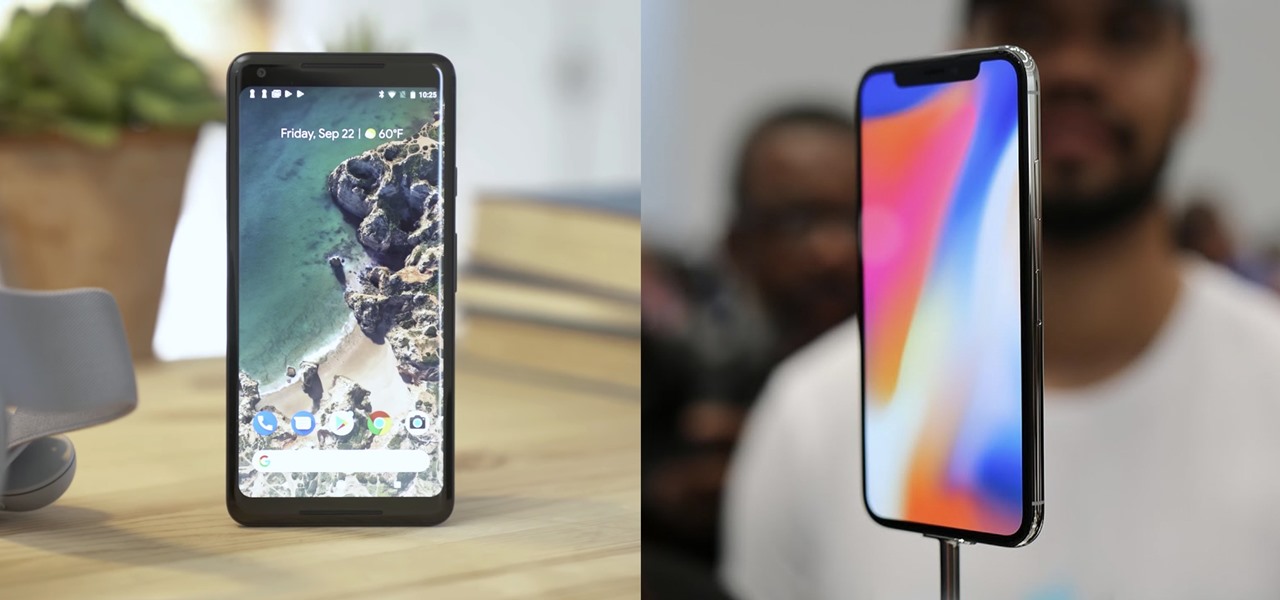
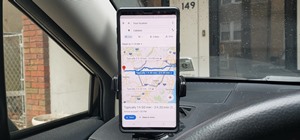
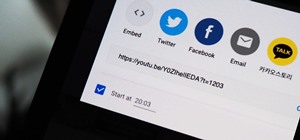
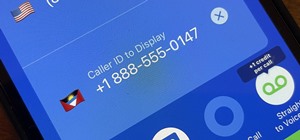
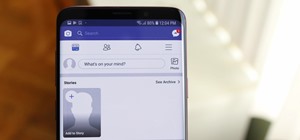
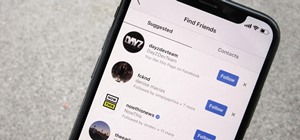
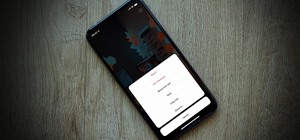
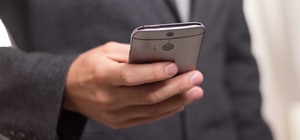
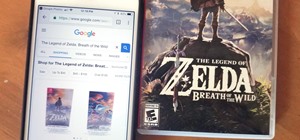
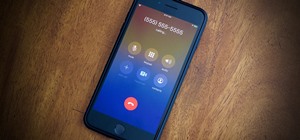
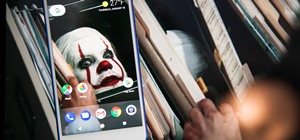
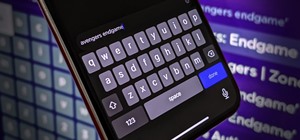

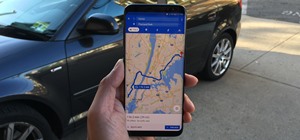

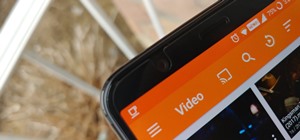
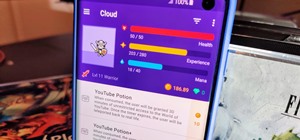

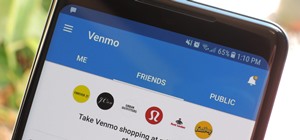
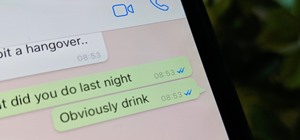

Be the First to Comment
Share Your Thoughts